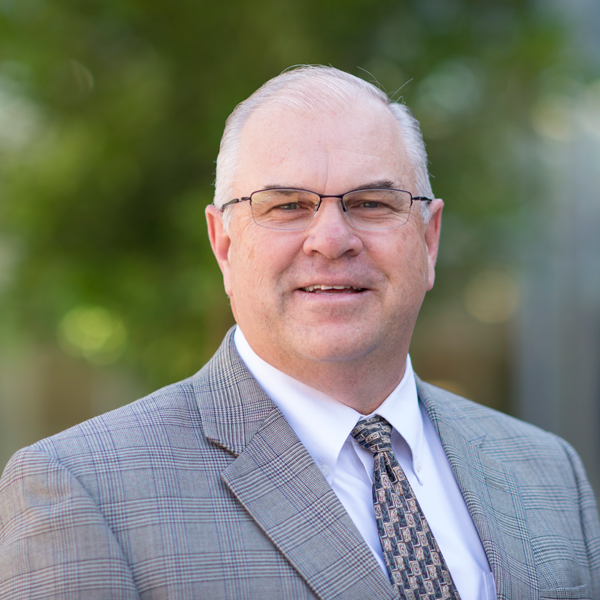
LMU alum Däl Lee manages a great deal of uncertainty as a chief systems engineer of Satellite Systems at Boeing, where he is responsible for government proprietary programs that continuously present new and different challenges.
“Technology development plays a key role in the evolution of spacecraft architectures, and this large amount of non-recurring engineering makes for an exciting career,” says Lee, who earned a B.S. in mechanical engineering and M.S. in systems engineering at LMU.
Lee, who guest lectures at Seaver College, says his education and the Jesuit tradition have been fundamental to his success.
“Managing complex technical problems across multiple communities requires a solid systems engineering management approach to assure that decisions on technical issues are made with solid facts and data,” Lee says. “The objective is to remove the emotion and conjecture from the process.”
Satellites are sent on a 15-year mission, and Lee says he has to manage the unknowns, actually plan for what could go wrong, to engineer the craft so that the failure of one part won’t jeopardize the whole mission. “The goal is for the satellite to survive any event, so that communications, for example CNN, Weather or even ESPN, can reach remote areas in times of natural disasters or other events.”
With “First Flight” spacecraft, Lee says, it is critical to test the integrated subsystems to demonstrate performance and functionality before flying.
“As with anything that is new and unproven, uncertainty and concern will fill the void where facts and data should reside once the system is proven,” he says. “I try to instill a cohesive technical conscience for the flight hardware to make sure we have a valid and robust design that meets the mission requirements.”
That “technical conscience” includes all of a spacecraft’s subsystems linked together in harmony, including structures, harness, electrical power, thermal, altitude control, telemetry and command, propulsion and multiple payloads.
Lee also has created a top-level process overview of his methodologies, which he shares with the systems engineering and program communities to help them understand what is expected of them in the role or as one who interacts within the discipline.
As for the Jesuit legacy, it was a major factor in bringing Lee to LMU.
“Justice and compassion were important, but the driving reason was the Jesuit pursuit of knowledge and truth. In the discipline of engineering — which is applied science to solve real world problems — uncertainty in the facts and data could lead to catastrophic results.”
“The constant pursuit for knowledge and truth is at the core of sound engineering,” Lee says. “Not only understanding what is known but to also have the ability to assess the unknown and quantify a risk posture based on that unknown. Only then can one make sound judgments, take the required precautions, and manage the unknown parameters to enable solutions and deliver products.”



